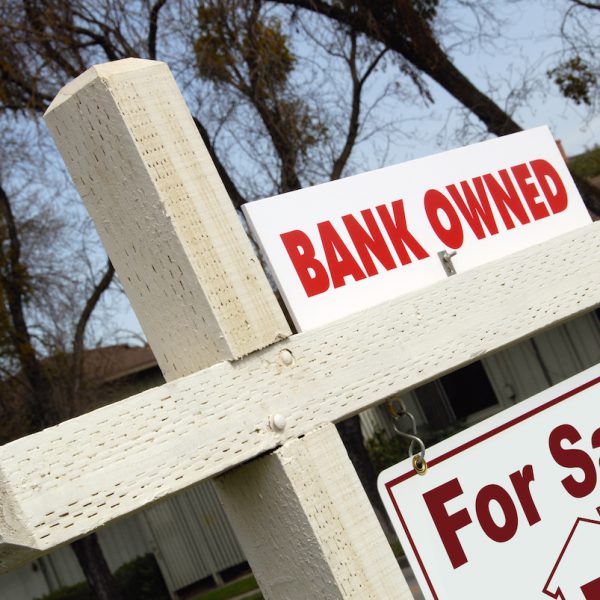
In these times of heightened uncertainty, it is wise to be proactive and find out what you need to do to prevent a bank foreclosure on your personal residence in the event that you lose your job or income. Remember, banks do not want to own your home. They want to work it out with you to keep your home.
Tips to Avoid a Bank Foreclosure
Here are some tips to consider while we are going through these tough times.
- Stay calm and take it day by day – new information is coming out daily to help
- Get information now to understand your rights, options, and how to proceed in the event something happens.
- Don’t look the other way and ignore the problem
- Call your lender now to see how they can help in the event you can’t make your mortgage payment
- Communicate immediately with your lender if they call or email you
- Get and stay informed about foreclosure prevention options
- Review your current bills and determine which ones to delay or cut to get lean for the time being
- Review your assets and use them before incurring debt, making a late payment, or not being able to make a mortgage payment
- Don’t pay fees to foreclosure prevention companies
- Watch out for foreclosure recovery scams
- Talk with an experienced foreclosure defense attorney in Clearwater
Foreclosure Phases
In the event you cannot make your home mortgage payments, it is good to understand the process of foreclosure. There are many phases of a foreclosure, and at most of the steps, you can reverse the process. These are the typical phases currently, but times are changing daily, and new programs and strategies are being put into place to help people out right now to avoid losing your home.
1. Payment Default
If the homeowner misses at least one mortgage payment, they will receive a payment default letter from their lender. A demand letter may be sent by the lender after two payments are missed.
2. Notice of Default (NOD)
After 90 days of missed payments, a notice of default letter is sent. The account is typically transferred to the lender’s foreclosure department at this time, and the notice is recorded. You still have another 90 days to settle the payments and reinstate the loan during this reinstatement period.
3. Notice of Trustee’s Sales
After the notice of default and if the home mortgage loan has not been paid up to date within 90 days, a notice of trustee’s sale is recorded. The lender puts a notice in the local newspaper for three weeks notifying the public auction.
4. Trustee’s Sale
At the trustee’s sale, the property will be placed for public auction. It is awarded to the higher bidder who can meet all of the necessary requirements. The sale is complete once the highest bidder is confirmed. The purchaser now owns the property and is entitled to immediate possession.
5. Real Estate Owned (REO)

If no one purchases the home during the public auction, the lender or mortgage company becomes the owner. They will attempt to sell the property typically through a broker or real estate owned asset manager. It is considered “bank-owned” at this point.
6. Eviction
Typically the borrower can stay in the home until it is sold through public auction or REO property. Once it is sold, an eviction notice is sent to vacate the house immediately.
Be proactive in finding out your options before your home goes through the six stages of foreclosure. If you need an experienced foreclosure defense attorney in Clearwater, give Arvanitakis Law Group a call at 727-600-5858 to set up a consultation. We can discuss the overall process, specific requirements, forms to use, timeframes involved, and how to achieve your goal of keeping your home.